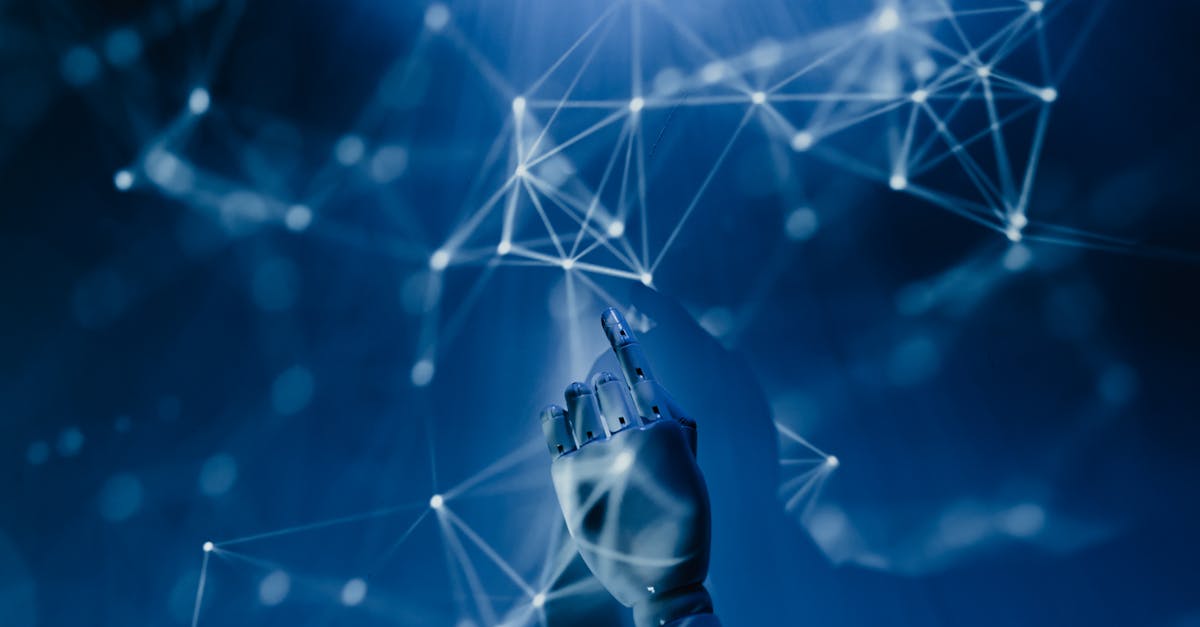


In recent years, the rise of artificial intelligence has revolutionized countless industries - and publishing is no exception. With the development of sophisticated algorithms and machine learning techniques, machines can now create entire books from scratch. But what does this mean for the future of literature? Let's take a closer look.
On the one hand, AI-created books have the potential to transform the publishing industry. With machines doing much of the heavy lifting when it comes to writing, editing, and marketing, publishers can produce books at a faster rate and at a lower cost. This could mean more books being published, more diverse authors being given a chance to shine, and more readers being able to find books that cater to their interests.
But what about the quality of the writing itself? While machines can generate plotlines, characters, and even dialogue, they may struggle to capture the nuances of human experience and emotion that make literature truly great. Some argue that AI-generated books lack the emotional depth and resonance of human-authored books, and that readers can often tell the difference.
Another question to consider is the role of human input in AI-created books. While machines may be doing the bulk of the work, they still require human programmers to create the algorithms and provide input throughout the writing process. This means that AI-created books are not truly "robot-authored," but rather a hybrid of human and machine creativity.
So, what's the future of literature in a world where machines can create entire books from scratch? The answer is...unclear. AI-created books certainly have their place in the literary world, and there's no doubt that machines will continue to play an increasingly important role in the publishing process. But when it comes to capturing the human experience and expressing our collective humanity, there's no substitute for the power of the human imagination.
At the end of the day, literature is about more than just creating a product that sells. It's about exploring the human experience and expressing our collective humanity. While machines may be able to produce technically proficient writing, they can never truly replicate the unique perspective and voice of a human author. As the publishing industry continues to evolve, it's up to readers to decide what they value most in a book - whether it's the speed and efficiency of machine-generated content or the emotional depth and resonance of human-authored works.